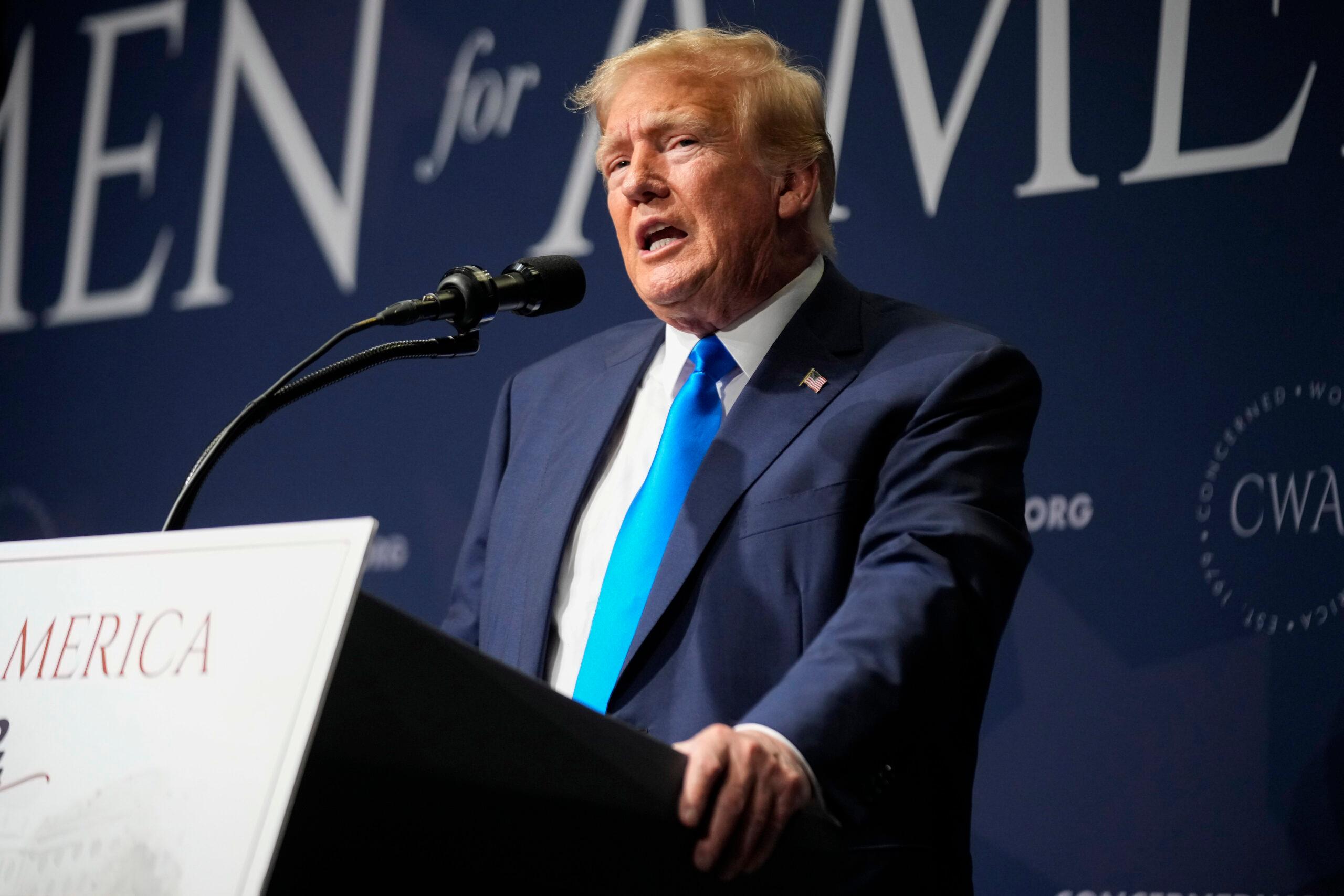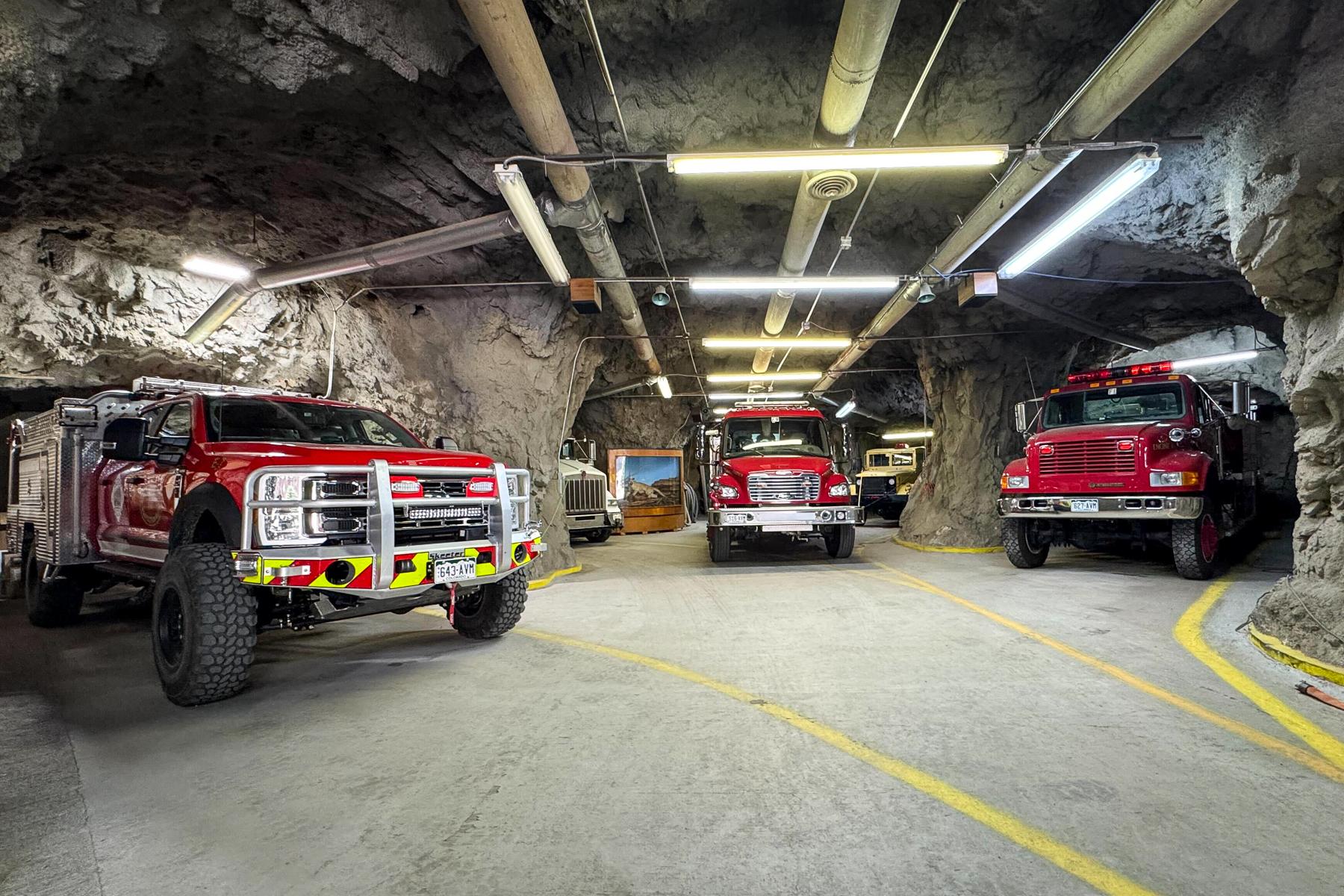
The ruling from Colorado’s highest court to bar former President Donald Trump from the GOP primary ballot has sent shock waves through the legal and political world, although it’s still unclear what the long-term implications could be for Trump, Colorado, and the nation as a whole.
The Trump campaign has vowed to swiftly appeal to the U.S Supreme Court, where the conservative supermajority, which includes three justices appointed by Trump, may be more receptive to the arguments his campaign is trying to make.
That defense includes the argument that Trump’s words around the January 6th attack on the U.S. Capitol were constitutionally protected political speech, that nothing he did qualifies as insurrection, and that states lack the legal authority to enforce the constitution’s Disqualification Clause on their own.
Whatever the high court ends up doing, the case has already rewritten the legal landscape for this rarely used provision of the 14th Amendment.
“What Colorado has already done is already a massively big deal because, if the Supreme Court does nothing, Trump is already excluded from the ballot in one of the 50 states,” said Andrea Katz, a constitutional law professor at Washington University in St. Louis.
But she strongly doubts the high court will refuse to take the case.
“I think it's inconceivable that the election is run this way,” she said. “That really would, in the public perception, cast doubt on the fairness of the elections.”
Katz described the Colorado court’s opinion as carefully written, well laid out, and clearly “conscious of the historical stakes.”
But she also noted that the three dissenting justices potentially gave the U.S. Supreme Court an avenue to put Trump back on the ballot, without having to rule on whether or not he violated the Disqualification Clause by engaging in an insurrection against the government.
“I think the dissenters are sort of trying to lay down a framework that they hope a reviewing court would pick up,” said Katz. “Which is to say, it is not that this is not an insurrection, it is not that President Trump did not engage in it, but we believe that Section Three requires implementing legislation from Congress first.”
Holland & Hart Partner Jessica Smith, who has closely followed the case, believes the Supreme Court is likely to overturn Tuesday’s ruling.
“Once there, President Trump is facing a much more favorable cast of Justices, with the conservative majority very likely to agree with at least some of what he intends to argue,” said Smith.
Denver appellate lawyer Nelson Boyle said this wasn’t the decision he was expecting, even though he agrees with it.
“I was surprised because it's a bold move for a court to apply the law in a way that a lot of people in society will be upset by,” said Boyle, an attorney with the Paul Wilkinson law firm.
Primary ballot still in limbo, but the deadline is fast approaching
Despite the ruling, it’s still not clear how the decision will ultimately impact GOP primary voters in Colorado, who include both people registered with the party and unaffiliated voters who choose to return the Republican ballot.
If a U.S. Supreme Court appeal has been filed by the time Colorado’s ballot certification deadline arrives on Jan. 5, the state’s opinion orders that Trump’s name be printed, ahead of the Supreme Court’s final decision. If the Supreme Court rules against Trump or doesn’t take the case, votes cast for him during the March 5 presidential primary would not be counted.
“Our hope is the Supreme Court will rule well before March 5th, so that we know what we're doing ahead of time,” said Colorado GOP Chair Dave Williams.
But if the decision doesn’t go their way, Williams said the state party will try to pivot to a caucus system.
“We'll have some good ground rules for all the campaigns so that they can have a fair shot at competing for those delegates,” Williams said.
However, Colorado’s Democratic Secretary of State has warned that this idea of pivoting to a caucus as Wiliams is suggesting, is not allowed under state law, setting up potentially even more litigation over Colorado’s Republican presidential choice.
Whatever ends up happening, Williams thinks the Colorado Supreme Court decision will ultimately boost Trump.
“I think it's rightfully so. You had four unelected judges who were appointed by the opposition party taking away the right of people to vote for the candidate they want to vote for,” said Williams. “It's a constitutional crisis, the likes of which we haven't seen since the Civil War, that's developing. And that's why the Supreme Court needs to step in and reverse this.”
“I find it appalling”
On Wednesday, across the state, Colorado voters were still taking in the ruling.
In Colorado Springs, Mark Stephens said he was disappointed to see the state’s Supreme Court get involved in the issue at all.
“Just let good candidates and crummy candidates be on the ballot and let us decide,” said Stephens. “I kind of hope it's appealed and the Supreme Court takes care of it.”
But for Alec Brown of Grand Junction, who voted for Trump in 2020, he’s fine with the court weighing in. Unlike a lot of Trump voters he’s pleased with the ruling.
“I think that it was a smart move of Colorado, within their state rights to say, ‘yeah, you know what? We're not putting you on,’” Brown said.
Brown said he would not vote for Trump again regardless of whether he has the option to, and wishes he’d never supported him in the first place.
“I ended up regretting that decision a hundred percent,” he said.
Most Trump voters were firmly opposed to the decision. Patty McCoy of Northglenn, who has been active in GOP politics and voted for Trump in the past, sees the ruling as more evidence that Democrats will stop at nothing to try to block him from holding the presidency again.
“They're trying this against Trump because they know that he has the wherewithal (and) the smarts to get things done that they don't want done, which means they don't want Washington disturbed from the way it used to be,” McCoy said.
Republican John McCord, from Akron on the Eastern Plains, has been following the case closely. He thinks the decision is wrong and unconstitutional.
“I find it appalling. And what really upset me was the four justices wouldn't even sign it. It was too cowardly to sign,” McCord said. “I mean, we know who they were, but there's got to be consequences for judges who flat violate the Constitution. And until there is, I think we're just going to see more and more of this. It's a very sad state of affairs.”
Both McCoy and McCord said they would plan to write Trump’s name in, even if it wouldn’t count.
“I'm going to vote for Trump. And everyone I know, my whole family, will be voting (for him), even if his name's not on the ballot and they tell us our vote won't count,” said McCord.
He vehemently said he doesn’t want Colorado or the country to go down this road, but for him it’s important to cast his ballot for Trump, the GOP frontrunner.
“Your vote would be meaningless in just a few years that this is allowed to stand,” McCord said. “This is what third-rate dictators do. You can't do this. This is America.”
CPR’s Tom Hesse, Elaine Tassy and Nathaniel Minor, Caitlyn Kim, and KRCC’s Jess Hazel contributed to this reporting.









